Keywords: National Conference
-
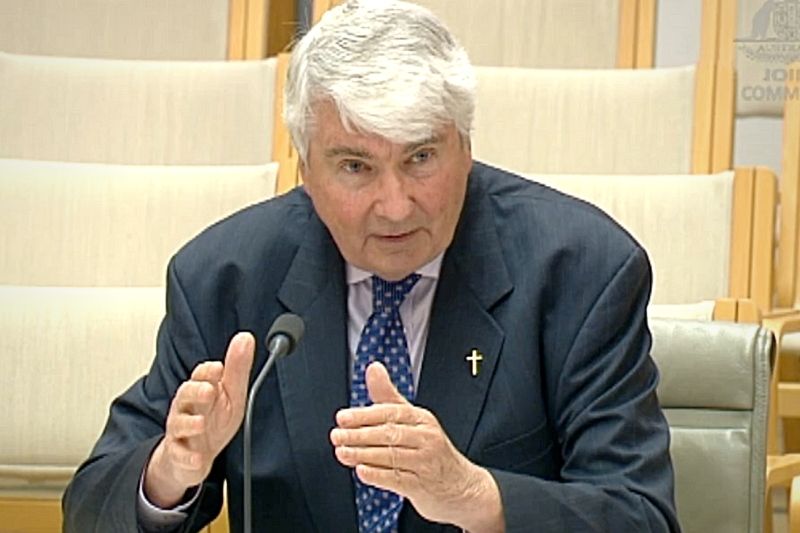
AUSTRALIA
- John Warhurst
- 04 May 2023
20 Comments
Frank Brennan's book An Indigenous Voice to Parliament: Considering a constitutional bridge is an urgent contribution to this important national debate around the shaping of the Voice and the referendum question. It is a book concerned with what’s likely to be successful rather than a manual on how to vote.
READ MORE
-

ARTS AND CULTURE
- Andrew Hamilton
- 21 April 2023
Taking to the Field highlights overlooked women who made noteworthy contributions to science in Australia, despite gender-based limitations. This thought-provoking book delves into the complexities of gender and science, revealing a more nuanced and diverse history than previously assumed.
READ MORE 
-
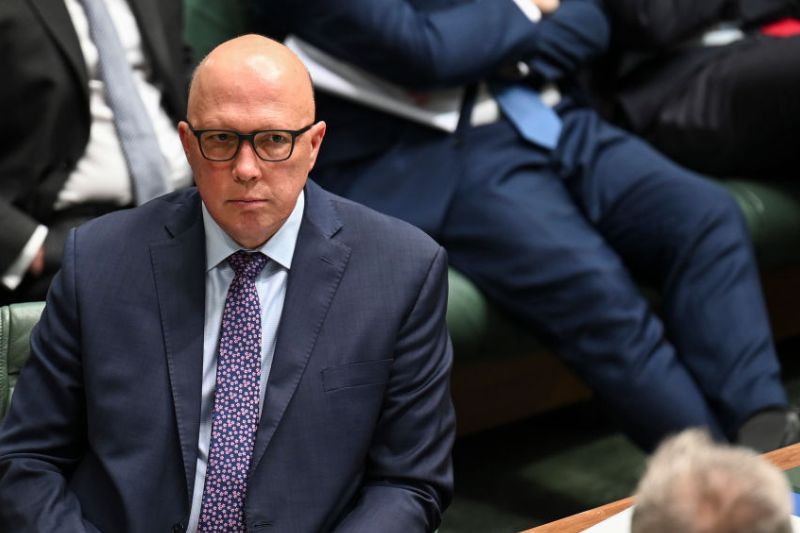
AUSTRALIA
- James Massola
- 05 April 2023
17 Comments
Peter Dutton confirmed the Liberal party will oppose to the Indigenous Voice to parliament, putting him at odds with a new prime minister, Indigenous leaders, and community sentiment. With the Aston byelection defeat, concerns have arisen over the party's direction and the narrowing path back to the Lodge.
READ MORE
-
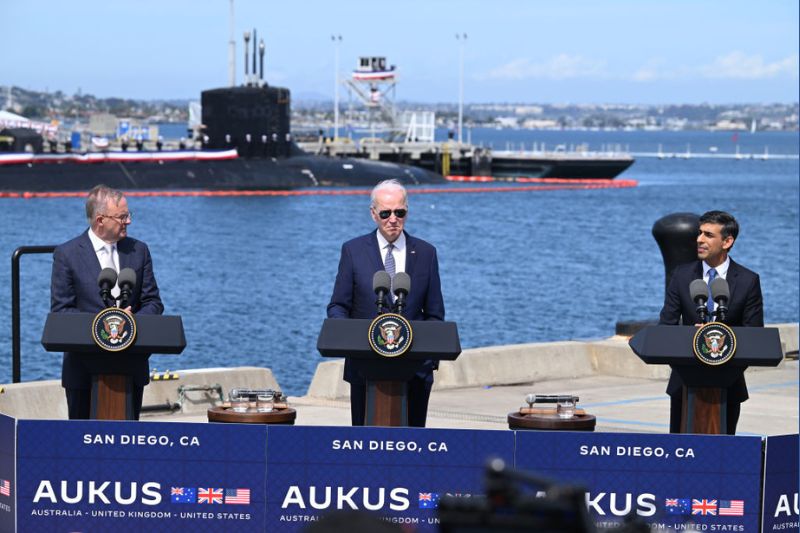
INTERNATIONAL
- Binoy Kampmark
- 28 March 2023
8 Comments
Australia's decision to partner with the US and the UK for the AUKUS pact has drawn scrutiny with questions looming about acquisition, construction and delivery of the nuclear-propelled submarines and a projected $368 billion outlay for up to eight vessels.
READ MORE
-
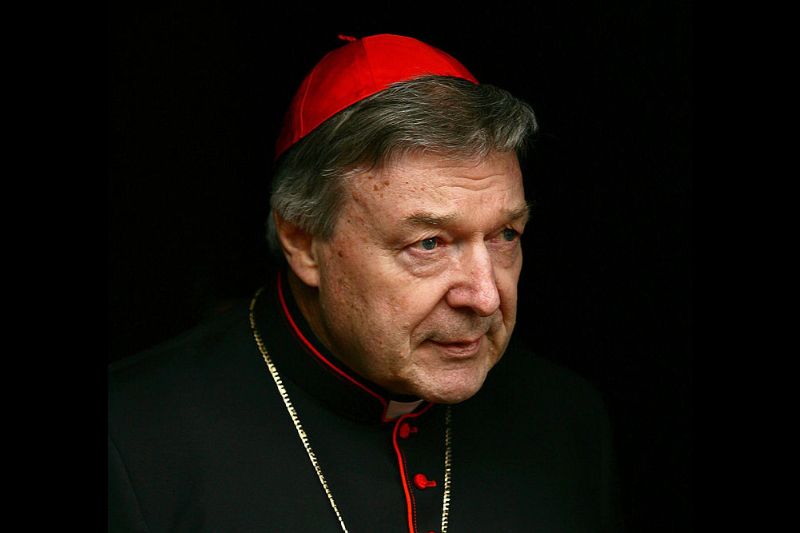
RELIGION
- John Warhurst
- 31 January 2023
17 Comments
Last year, the late Cardinal George Pell anonymously published a memorandum that criticized Pope Francis and his vision of a synodal church and condemned the Synod as a ‘catastrophe’, Cardinal Pell's memo signals building tensions between different visions for the future of the Church in Australia.
READ MORE
-

RELIGION
- John Warhurst
- 12 January 2023
The Church must speak up to be relevant, but those who seek to ‘speak for the church’ must be brave. They risk exposing themselves to claims of bias unless they stick to a very narrow agenda and speak in extremely measured terms. Yet if they are too bland they risk being irrelevant to the sharp end of political debate and their intervention becomes little more than a symbolic ritual.
READ MORE
-
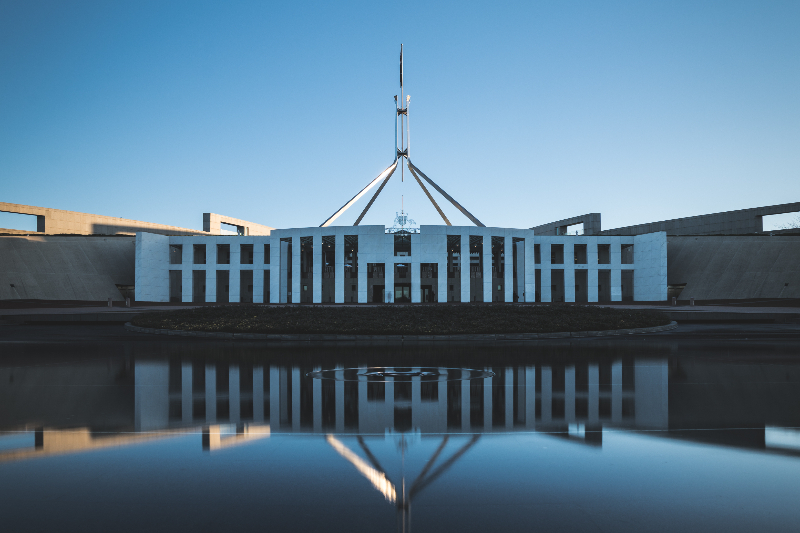
AUSTRALIA
- Frank Brennan
- 12 January 2023
In recent days, if you were to listen to the media reports, you could be forgiven for thinking that religious educators want to retain a right to exclude children or teachers from their schools on the basis of their gender or sexual orientation. Nothing could be further from the truth. Or nothing should be further from the truth.
READ MORE
-

AUSTRALIA
- Justin Glyn
- 05 January 2023
In the early part of the twentieth century, Francis Galton (a cousin of Charles Darwin) used the latter’s work to argue that human breeding stock could be improved. He would weed out the weakest and the less able and produce a sturdier race. Until recently, the crematoria of Hitler’s death camps were enough to remind most that this was not an idea consonant with actual human flourishing.
READ MORE
-
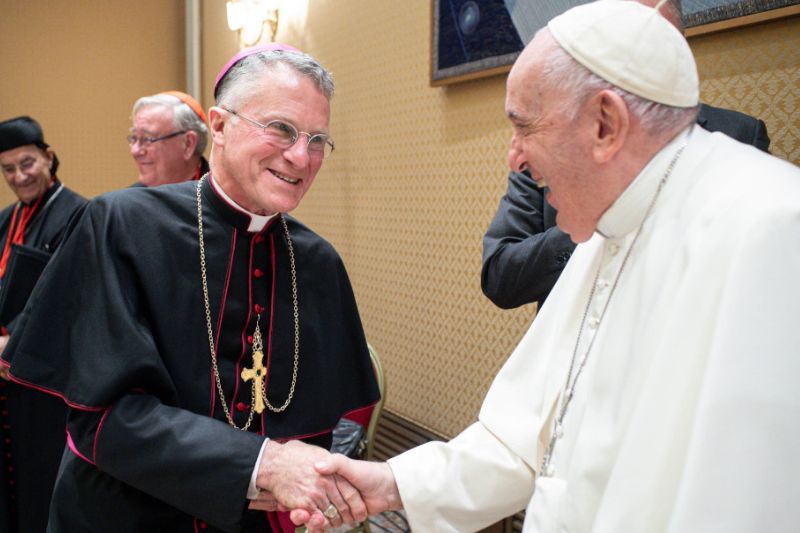
RELIGION
- Bill Uren
- 14 December 2022
4 Comments
The recent election of Archbishop Timothy Broglio as President of the United States Catholic Bishops’ Conference has significant implications for the United States Church, for the global Church, and potentially for the Australian Church.
READ MORE 
-

RELIGION
- John Warhurst
- 06 December 2022
3 Comments
The Synod of Bishops, to which all People of God in Australia have now had their attention redirected after the Plenary Council, is another gigantic exercise in consultation and discernment undertaken by the Church. The possibilities for progress are inspiring, but also hedged around by enormous pressures of time and capacity. In a sense it is the Plenary Council writ large.
READ MORE 
-

AUSTRALIA
- Michael McVeigh
- 05 December 2022
1 Comment
I certainly don’t blame anyone for ignoring or boycotting the World Cup; there are plenty of reasons for doing so. But despite efforts of people behind the scenes to focus attention solely on the pitch, if you do pay attention, there are human stories on display, worth your time.
READ MORE 
-
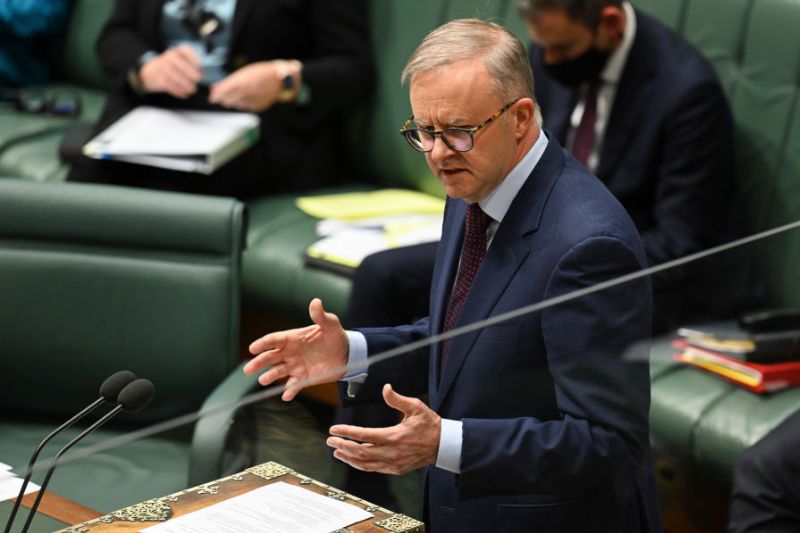
AUSTRALIA
- Frank Brennan
- 28 October 2022
6 Comments
In recent years, Australian policies in relation to asylum seekers and refugees have been unnecessarily mean, cruel and disorganised. The election of the Albanese government provides the opportunity for a reset, putting behind us the past mistakes of both Coalition and Labor Governments in the last 20 years.
READ MORE 